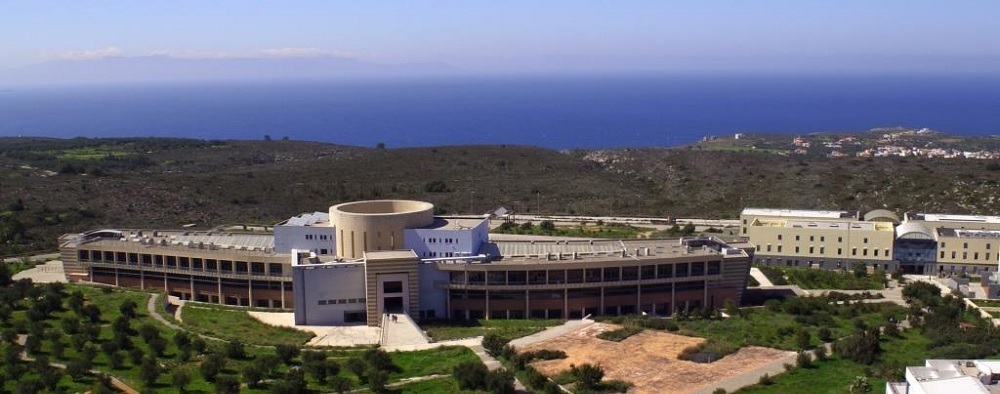- Αρχή
- Η Σχολή
- Σπουδές
- Έρευνα
- Διακρίσεις
- Ανακοινώσεις
English | Πολυτεχνείο Κρήτης | Επικοινωνία | Αναζήτηση
Κατάλογος Εκδηλώσεων
26
Οκτ
Κατηγορία:
Παρουσίαση Μεταπτυχιακής Εργασίας

 26/10/2022 13:00 - 14:00
26/10/2022 13:00 - 14:00 Σύνδεσμος τηλεδιάσκεψης: https://tuc-gr.zoom.us/j/96184503037?pwd=akZ4TmpjbVg4WWNIL2ZGeHFtTUpGQT09
Σύνδεσμος τηλεδιάσκεψης: https://tuc-gr.zoom.us/j/96184503037?pwd=akZ4TmpjbVg4WWNIL2ZGeHFtTUpGQT09Περιγραφή:
ΠΟΛΥΤΕΧΝΕΙΟ ΚΡΗΤΗΣ
Σχολή Ηλεκτρολόγων Μηχανικών και Μηχανικών Υπολογιστών
Πρόγραμμα Μεταπτυχιακών Σπουδών
ΠΑΡΟΥΣΙΑΣΗ ΜΕΤΑΠΤΥΧΙΑΚΗΣ ΕΡΓΑΣΙΑΣ
Ρόζας Χατζηγεωργίου
με θέμα
Κατανεμημένη Κατανομή Πόρων και Συσχέτιση Χρηστών σε Ασύρματα Δίκτυα με Τεχνικές Συμπερασμού
Inference-Based Distributed User Association and Resource Allocation in Wireless Networks
Εξεταστική Επιτροπή
Καθηγητής Μπλέτσας Άγγελος (επιβλέπων)
Καθηγητής Σπυρόπουλος Θρασύβουλος
Αναπληρωτής Καθηγητής Σαμολαδάς Βασίλειος
Abstract
This work distributively solves the problems of user association and resource allocation in wireless networks. Distributed methods dispense the computational burden across the terminals of a network and are usually preferred over centralized methods, in which computing is done at a central location. First, the belief propagation (BP) algorithm is utilized for joint time and frequency allocation in wireless sensor networks; BP is inherently distributed, due to its message passing nature. In this work, the convergence of BP for the resource allocation problem is re-visited from a control-theory approach; performance evaluation is also provided for two methods, namely restarting and perturbed BP. Next, the problem of energy efficient user association on the downlink of heterogeneous networks is solved in a distributed, inference-based manner. The problem is first expressed as a linear program (LP). Max product BP is a distributed, message passing algorithm which can be utilized to obtain the solution of the LP, under certain conditions. Considering the loopy nature of the established graphical model, it is important that convergence and correctness of the max product algorithm is guaranteed. Therefore, the problem is relaxed, fixing the number of users per base station and the number of active base stations; then it is proved that max product BP converges with arbitrary initialization to the solution of the LP, in a finite number of iterations. Complexity is also quantified and expressed as a function of the number of active base stations and serving users. Finally, numerical results compare the performance of the proposed distributed algorithm with state-of-the-art. The results show that the proposed approach offers higher geometric mean of energy efficiency compared to previous work.



